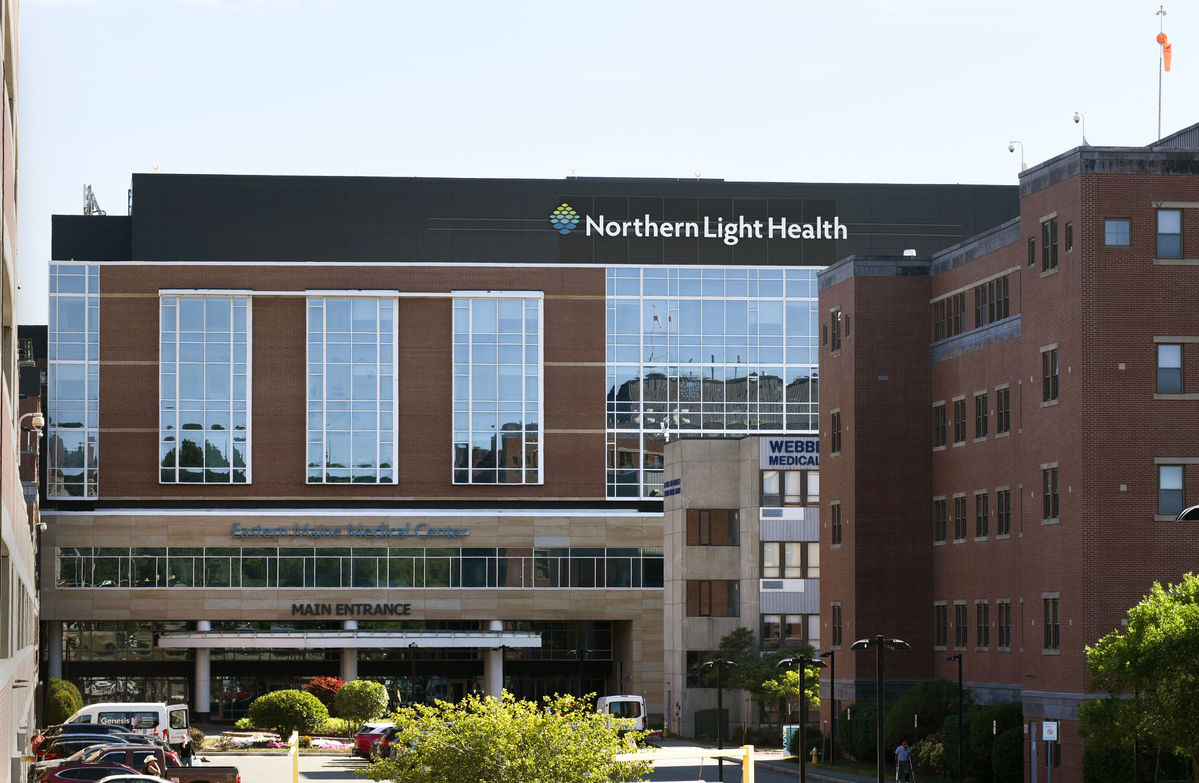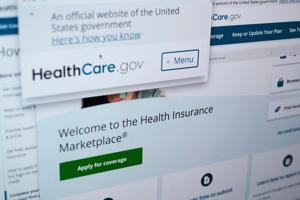Concerns over escalating hospital costs in Maine have prompted local residents to call for urgent action from lawmakers. As debates continue in Washington regarding health care expenses, ordinary Mainers face the daily impact of rising prices in doctors’ offices, pharmacies, and hospital billing departments.
Hospitals in the region have been consistently increasing their fees, raising alarm among patients who feel that affordability is being sacrificed for profit margins. Despite assertions from these institutions about their commitment to care, many individuals perceive a growing discrepancy between stated values and actual practices.
The annual rise in health care costs has made it increasingly challenging for residents to navigate their medical expenses. As Paul Mills from Houlton articulated in a recent letter to the Bangor Daily News, the situation is untenable. He emphasized that the focus must shift back to patients, rather than profits.
Calls for Legislative Action
The current political landscape is marked by a government shutdown, with lawmakers at the federal level grappling with how to effectively reduce health care costs. Yet, the need for reform is equally pressing at the state level in Maine. Mills points out that the impact of high medical bills extends beyond individual patients and affects the broader community.
Residents are becoming increasingly frustrated as health care becomes not only more expensive but also more complex. The burden of these costs falls disproportionately on average citizens, many of whom struggle to afford necessary medical care. Mills’ call to action highlights a growing sentiment that legislators in both Washington and Augusta must prioritize the needs of the population over corporate interests.
In this climate of rising costs, it is crucial for policymakers to engage with the hospital industry and explore meaningful solutions. The ongoing debate surrounding health care affordability will require comprehensive strategies that emphasize transparency, accountability, and patient-centered care.
As the government remains at a standstill, the voices of constituents like Mills serve as a reminder of the real-world implications of legislative inaction. The urgency to address these escalating costs is palpable, and the demand for change is clear. Only through decisive action can lawmakers hope to restore public trust and ensure that health care serves the interests of those who rely on it most.







